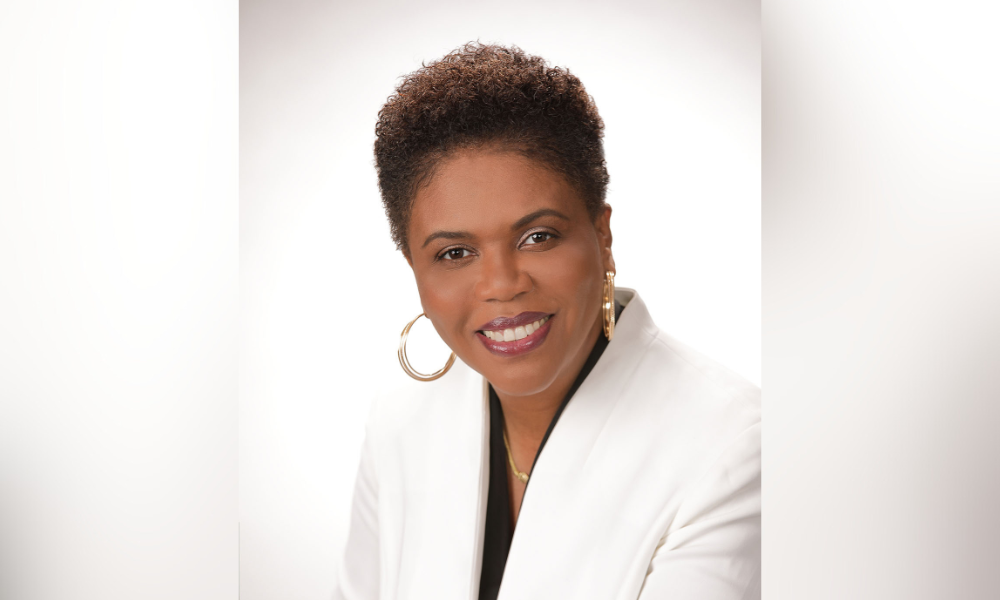
Understanding the business is fundamental to success

Dahlia Bateman, general counsel and lead for the Office of Legal Services and Fair Practices at Wilfrid Laurier University, is well-placed to opine on what it takes to succeed as a young in-house lawyer.
Her diverse experience embraces the corporate commercial space and a strong background in academia. She’s been GC for a restaurant and hospitality services business, ombudsman at Dalhousie University, a member of the admissions committee at the Schulich School of Law at Dalhousie. She also assisted the University of Toronto’s Faculty of Medicine with its admission processes.
Bateman’s has been a sole practitioner and has litigation experience as well.
As a judge at this year's Lexpert Rising Stars Awards, Bateman brings that broad background to bear. The awards honour leading lawyers under 40 from law firms, in-house departments, and other practices. Nominations are open now and close on July 8.
Given the wide swath of Bateman’s career, it’s not surprising that her assessment of the successful young lawyer is a comprehensive one.
“To be an effective in-house lawyer, it’s important to be conversant in many areas of the law, be able and inclined to do research where there are gaps in your own knowledge, be collaborative and a good listener, and understand the business.”
In institutional settings, like the university Bateman serves, lawyers must be able to cope with the differing needs of the myriad and diverse departments that comprise the organization.
“It’s not all that different from a law firm practitioner having different clients from different areas and industries,” she says. “In an institution, the clients are all in one organization, but each unit has different rules and functions that require counsel to deal with their niche needs.”
This having been said, Bateman is emphatic that successful in-house counsel don’t work in silos.
“The lawyers who rise to the top are the ones that build internal relationships, communicate expectations that resound in reality and pragmatism to the internal clients they serve, and can also set realistic expectations of themselves.”
At the core of success, however, is understanding the business.
“That means knowing how the organization and all its moving parts operate as well as understanding the culture so that you appreciate whom you’re dealing with,” says Bateman, whose background includes two years in labour management relations studies at the University of Toronto. “And to do that, you need to have a broad comprehension of the sector in which your organization operates.”
All of which is simple enough in theory, but complex in its execution.
“Educational institutions, for example, are very statute-driven from a legal perspective, but there are right and wrong ways of doing things statutorily,” Bateman says. “At the same time, in-house counsel need to understand corporate commercial law, which is the machinery that drives the business.”
Put another way, institutional in-house lawyers must come to their tasks with the mindset of running a big corporation. Because while academic institutions, for example, certainly cater to students, there’s much more involved than education delivery.
“There’s the general business aspect, contracts, procurement, labour and employment, and so many other parts that, at the end of the day, the university is a business that demands a business mindset and a solid corporate commercial foundation from its internal lawyers,” Bateman says.
Personality, of course, is also essential to success.
“Be humble and respectful, or you will push people away,” Bateman says. “Put aside what arrogance you may have, because it alienates others, and you won’t be able to put people at ease.”
According to Bateman, young lawyers’ biggest error is pretending or assuming they know it all.
“You have to be willing to accept mistakes and learn lessons from them, then do the research and speak to others by way of finding the right answers. It’s also important not to put too much pressure on yourself by letting your ego get ahead of you, to recognize when something is outside of your expertise or interest, and then consult with senior in-house counsel or defer to outside counsel.”
And what about the value of experience in private practice before going in-house?
“Private practice is a good thing but not the be all and end all. If someone is really interested in a certain industry or sector and goes directly in-house, they may be eager to learn and more invested in focusing on the organization. There are many lawyers who started in-house and have become fantastic lawyers.”